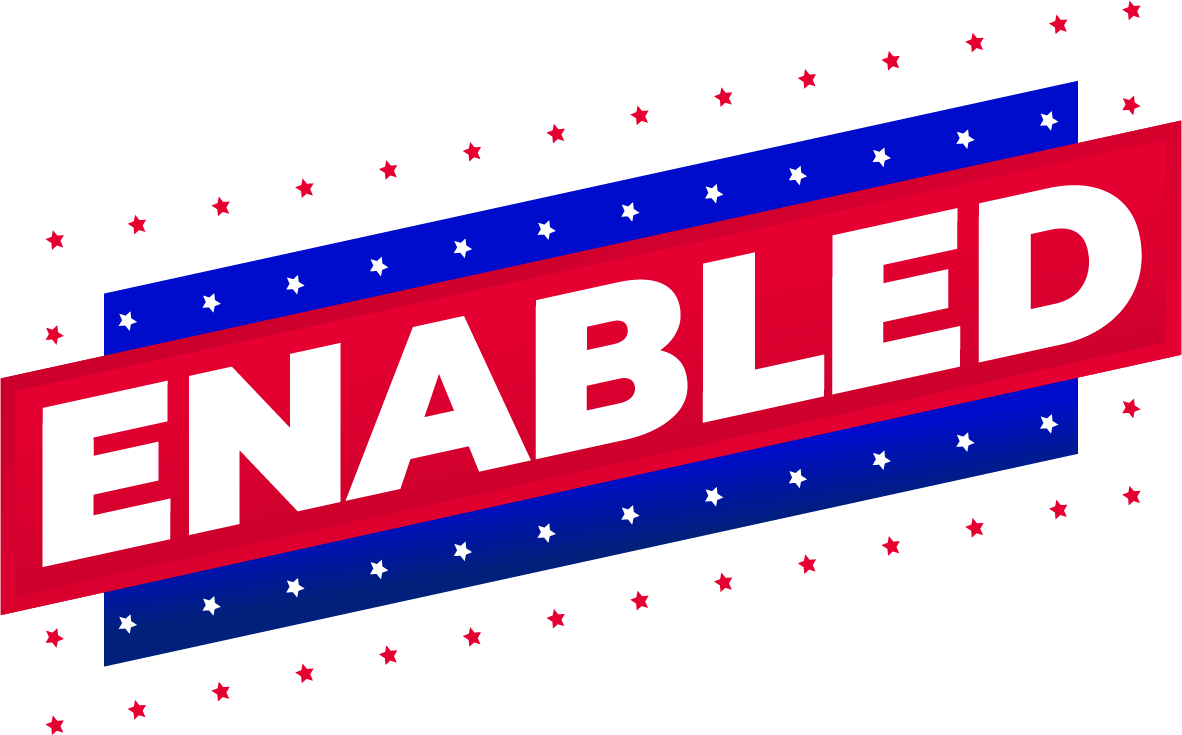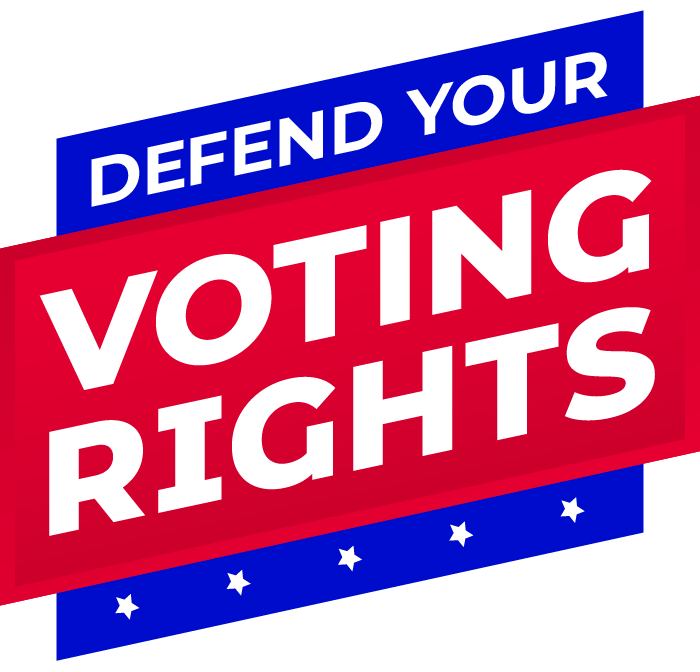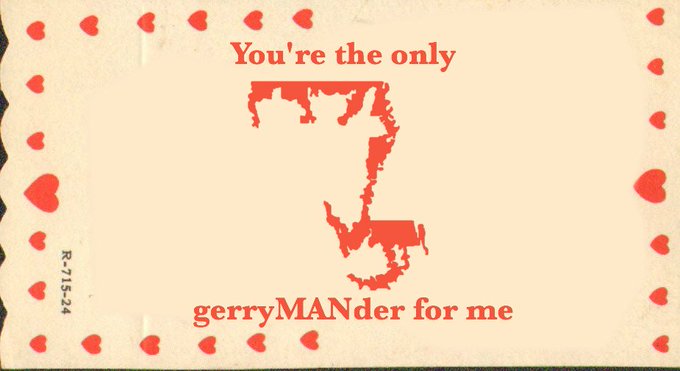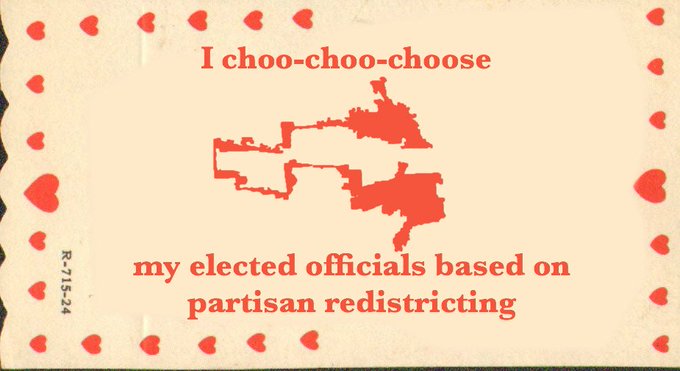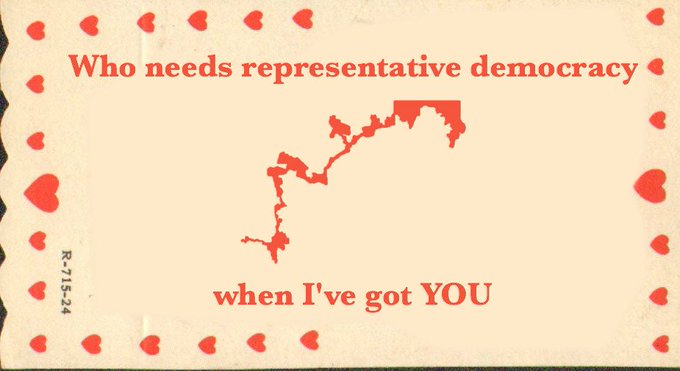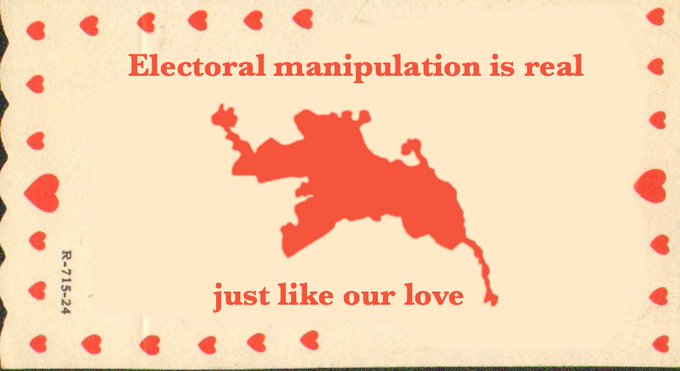Games and Teaching Strategies for you . . .
Gerrymandering: A Game from The New York Times
Can You Gerrymander Your Party to Power?
Gerrymandering is the intentional distortion of political districts to give one party an advantage, and it has been criticized for disenfranchising many voters and fueling deeper polarization.
To help you understand it better, we created an imaginary state called Hexapolis, where your only mission is to gerrymander your party to power.
Gerrymander: A Game from GameTheory
GerryMander is a simple puzzle game designed to show how gerrymandering can be used to rig an election.
http://gametheorytest.com/gerry/
Draw voting districts to favor your party and win the election. Use real-world strategies like packing (Squishing opposing voters into a single district) and cracking (Breaking up key voter groups into separate districts) to beat each puzzle.
With these strategies players can see how Gerrymandering works while learning about how it happens in the real world.
GameTheory is an award-winning game development company that uses games to motivate positive and sustainable behavioral change.
Lesson of the Day: A Gerrymandering Game
In this lesson, students use an interactive tool to try their hand at drawing congressional districts.
The goal: to see if they can gerrymander their party to power.
Teaching with the News Online Resource
The Choices Program ■ Brown University Department of History
https://www.choices.edu/wp-content/uploads/2018/10/choices-twtn-gerrymandering-cartoons.pdf
[Excerpt:]Gerrymandering: Political Cartoons
Introduction: After new population data emerges from the census every ten years, Congressional boundaries must be redrawn to reflect shifts in population. How this process is done is often highly politicized and some critics have argued that it undermines democracy. This issue inspires political cartoonists to offer interpretations and express opinions about gerrymandering.
Gerrymandering Valentines . . .
“If you care about the survival of our republic, we cannot give people power who will not honor elections.”
